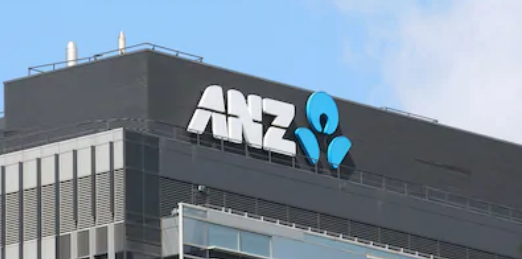According to ANZ’s predictions, trimmed mean inflation will grow from 1.4 per cent to hit 1.6 per cent over the second quarter of 2022 (Q2 2022).
The bank has said this will bring the six-month annualised rate to 6.1 per cent – the highest recorded since 1990.
ANZ also expects that the annual inflation rate will have increased from 3.7 per cent to 4.8 per cent at the conclusion of Q2 2022.
Headline inflation is tipped to rise from an annual 5.1 per cent to 6.3 per cent over this same period.
As for what’s pushing these rates upwards, the major bank has noted a range of influencing catalysts, one of which being housing – which has reported a quarterly change of 2.7 per cent.
Housing will contribute 60 bps to inflation during Q2 2022, said by the major bank to be driven in part by a 5 per cent quarter-on-quarter “jump in the cost of new dwelling purchases by owner occupiers”, according to ANZ senior economist and report author Catherine Birch.
Ms Birch said this jump is the result of construction costs for a new home.
“There is still a gap to close between new home construction costs including and excluding government grants,” Mr Birch added in her report.
“This will raise quarterly price growth in the consumer price index above the underlying rate for the fourth consecutive quarter.”
However, Ms Birch also noted that underlying construction cost growth is likely to continue at a solid pace, “even after seven consecutive quarters of acceleration”.
“In our view, inflation in construction inputs is unlikely to ease as much as some other categories as global supply constraints ease, given the significant pipeline of residential and infrastructure work to be done, both domestically and globally,” Mr Birch said.
“The recurrent flooding this year has made it harder to get work done but also adds to the volume of work to be done, increasing competition for the limited pool of labour, materials and equipment.”
Rental inflation is also expected to add to this figure, lifting to 1.2 per cent during Q2 – the strongest quarterly result since 2011.
ANZ has said that the year-ended percentage for housing inflation was reported at 9.3 per cent.
Last month, the RBA said that inflation could reach 7 per cent by December this year.
[Related: Surging inflation to eat into housing market: CoreLogic]
 ;
;